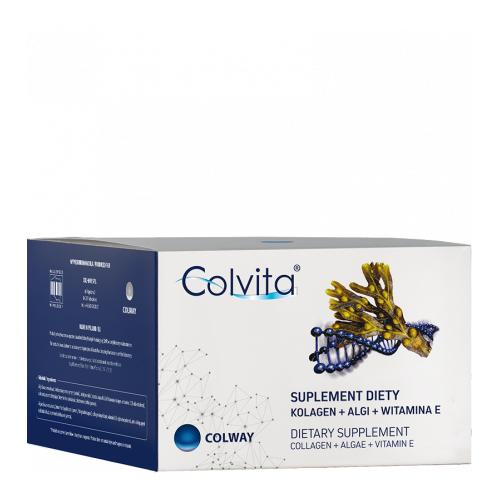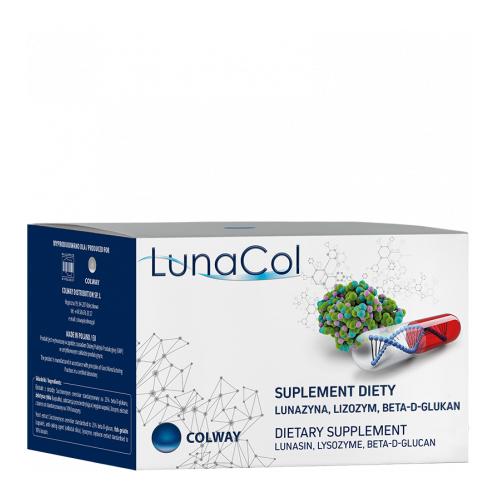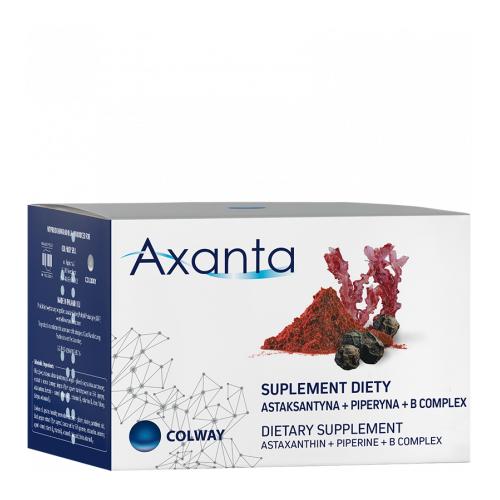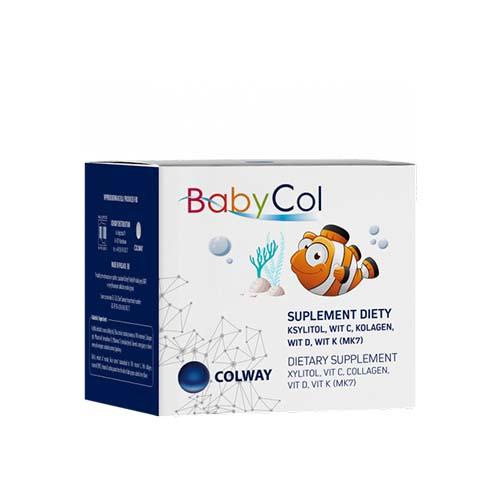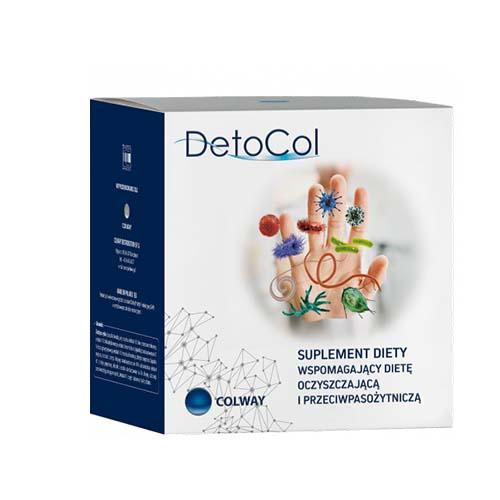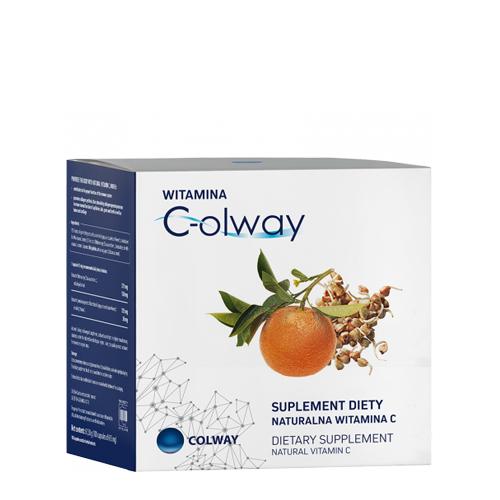Organic vs Artificial Vitamin C: Benefits and Differences
Introduction to Vitamin C
What is vitamin C?
Vitamin C, also known as ascorbic acid, is an essential vitamin that the body needs to function properly. It helps protect cells, maintain healthy skin, blood vessels, bones and cartilage, and also plays a vital role in wound healing.
sources of vitamin C Natural sources of vitamin C include fruits and vegetables, especially citrus fruits, strawberries, kiwis, bell peppers, and spinach. It can also be obtained through dietary supplements, whether organic or artificial.
Organic Vitamin C vs. artificial
Organic Vitamin C Definition Organic Vitamin C is derived from natural sources and contains no chemicals or synthetic additives. It is usually extracted from foods rich in vitamin C and processed in a way that retains all of its beneficial properties.
Definition of artificial vitamin C On the other hand, artificial vitamin C is manufactured in laboratories through chemical processes. Although it may provide the same basic benefits as organic vitamin C, it may contain additives and does not have the same added benefits as vitamin C derived from natural sources.
Organic Vitamin C Benefits
for general health Organic Vitamin C provides superior overall health benefits compared to its artificial counterpart. Helps strengthen the immune system, improve iron absorption and contribute to the production of collagen.
For the skin Organic Vitamin C is particularly beneficial for skin health. It helps improve skin elasticity, fights signs of aging, and has antioxidant properties that protect skin against free radical damage.
For the immune system Organic Vitamin C can help strengthen the immune system. Being a powerful antioxidant, it helps protect the immune system against free radicals and stimulates the production of white blood cells.
Limitations of artificial vitamin C
possible side effects Although artificial vitamin C can provide some of the same benefits as organic, it can also have side effects. These can include upset stomach, headaches, and insomnia, especially when taken in large doses.
Importance of Choosing Organic Vitamin C
Reasons to go organic
Respect for the environment Opting for organic vitamin C not only benefits our body, but also the environment. Organic vitamin C production has a much lower environmental impact compared to artificial vitamin C production.
long term benefits In the long term, consuming organic vitamin C can lead to better overall health, thanks to its multiple benefits and the absence of chemicals and additives.
Conclusion
The choice between organic and artificial vitamin C can depend on several factors, including availability, cost, and personal preference. However, given the superior benefits of organic vitamin C and its positive impact on the environment, it appears to be a healthier and more sustainable option.
Frequent questions
-
Can I get enough vitamin C through my diet alone? Yes, it is possible to get enough vitamin C through diet alone if you eat a variety of fruits and vegetables, especially citrus fruits, strawberries, kiwis, bell peppers, and spinach. However, if your diet is limited or you don't consume enough of these foods, you may want to consider a supplement.
-
Can artificial vitamin C provide the same benefits as organic? Artificial vitamin C can provide some of the same basic benefits as organic, such as strengthening the immune system and contributing to collagen production. However, it does not contain the added benefits that come with vitamin C derived from natural sources and may contain additives.
-
Are there any side effects to consuming too much vitamin C, whether organic or artificial? Yes, consuming too much vitamin C, whether organic or artificial, can cause side effects like upset stomach, headaches, and insomnia. It is important to follow the dosage recommendations to avoid these side effects.
-
How do I know if I need vitamin C supplements? If you have a limited diet, don't eat enough fruits and vegetables, or have a condition that affects your ability to absorb or use vitamin C, you may need a supplement. Consult a health professional if you think you may benefit from vitamin C supplementation.
-
What is the recommended daily amount of vitamin C? The recommended daily allowance for vitamin C varies depending on age, gender, and stage of life. For adults, the World Health Organization recommends a daily intake of 45mg, but this may be higher for people who smoke or are pregnant.





















































































































